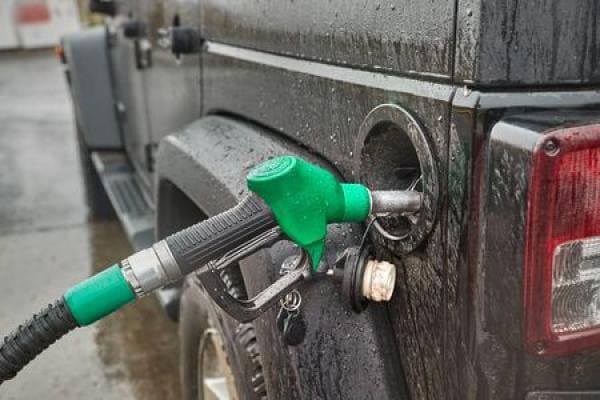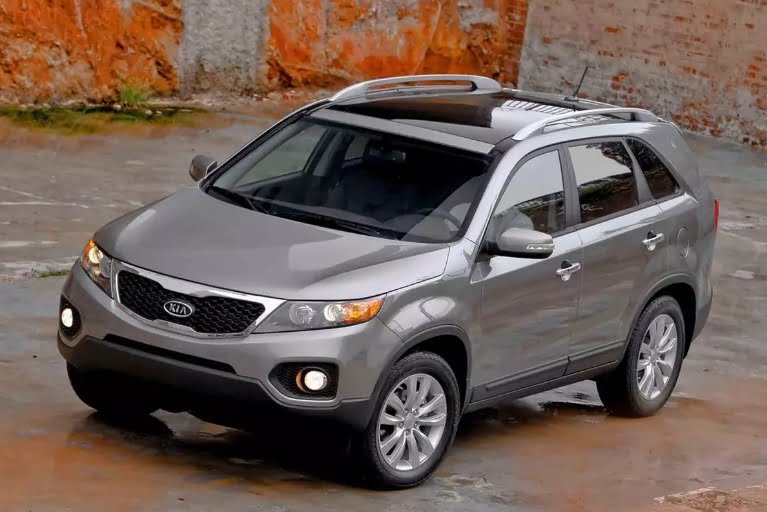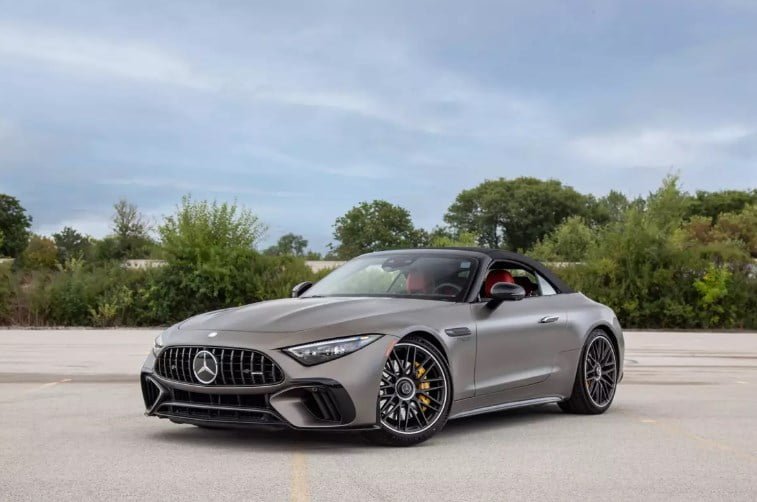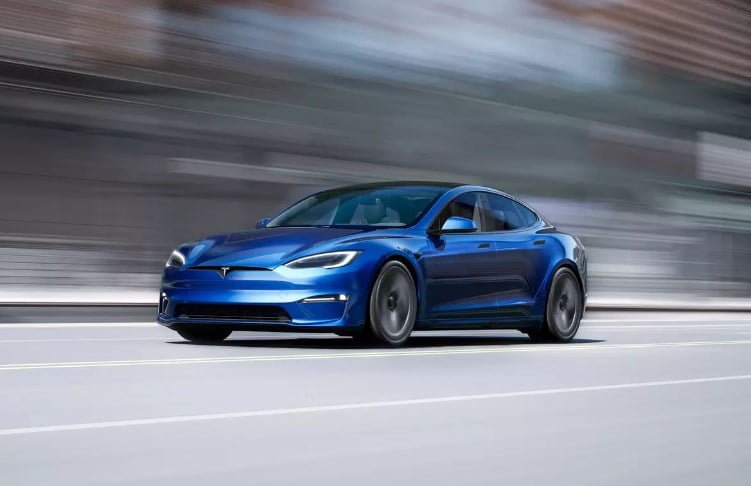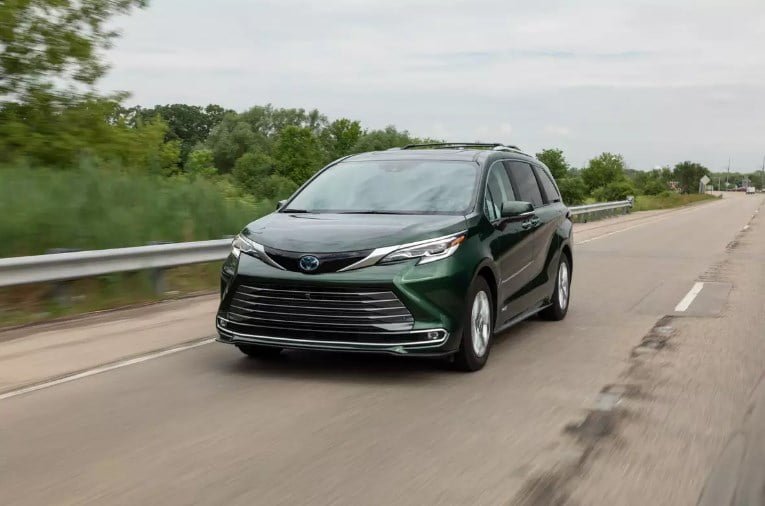A worry for many potential buyers of gasoline-stingy hybrid vehicles is how long the hybrid battery will last. In exchange for lower fuel costs than a comparable gas-only vehicle, the hybrid buyer is taking a risk on an expensive added component: the high-voltage battery pack that stores the hybrid system’s electric energy.
The battery pack won’t last forever, and if it fails, the hybrid vehicle won’t operate. But nearly a quarter century of modern hybrids has shown that the risk of battery failure is very low for at least eight years and up to 100,000 miles.
In case it falls short, a hybrid’s high-voltage battery also is insured by a separate yearslong warranty that’s longer in almost all cases than the warranty for the gasoline engine or other major components. All hybrid and plug-in hybrid carmakers in the U.S. must offer a battery warranty of at least eight years or 100,000 miles, and California and the 13 states that follow its emissions rules mandate a longer warranty of 10 years or 150,000 miles for new vehicles bought and registered in those states. In most cases, these warranties also must be fully transferable to subsequent buyers until the warranty term expires.
In 2020, Toyota extended the longer 10-year/150,000-mile warranty to all states for its hybrid and PHEV batteries. And the company, which offers more hybrid models than any other manufacturer, expects its batteries to last longer.
“The batteries are designed to last the average life of the vehicle, if properly maintained,” said Toyota spokesman Zachary Reed in an email to Cars.com. If it doesn’t at least outlive the warranty, it’s replaced. “You would get a new battery no matter where in the life cycle of the warranty.”
Hybrids Most Reliable Electrified Vehicle
Hybrids ranked higher for reliability than conventional gas vehicles as well as PHEVs and full electric vehicles in Consumer Reports’ latest Annual Auto Reliability Survey. On average, the report noted hybrids had 26% fewer problems than vehicles with only an internal combustion engine.
Meanwhile, full EVs had 79% more problems on average than conventional gas-powered vehicles, and PHEVs had 146% more. Jake Fisher, senior director of auto testing at Consumer Reports, said the hybrid scores were due in part to the fact that many are based on conventional vehicles that already rate high for reliability. Among those ranked above average in the reliability survey are hybrid versions of Toyota’s Camry sedan and Highlander SUV, as well as the Toyota Prius and Honda Accord Hybrid.
But What if Your Battery Warranty Is Expired?
You’ll have no trouble finding hybrid owners bragging online about getting 15 years or 200,000-plus miles on their original battery, but these are exceptional results.
You could as easily be like a friend of mine whose 2012 Prius’ battery died this week; it’s more than 10 years old and out of warranty, but it has only about 80,000 miles on the clock. The estimate for a new battery installed at a dealer: $4,600. Replacement is the only option because the battery is not designed to be serviceable. A third-party reconditioned battery would be cheaper (and a junkyard battery cheaper still), but it’s not a risk he wants to take for a low-mileage car he plans to keep.
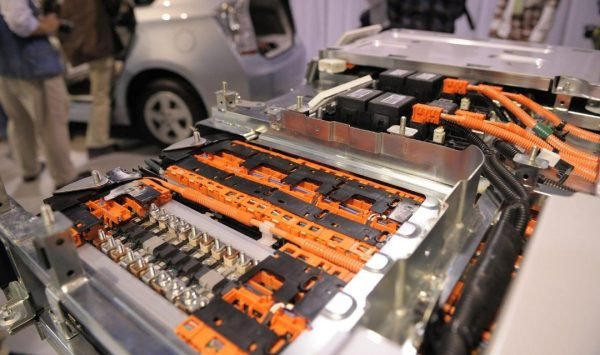
While replacement batteries for other hybrids could be a little cheaper — or twice that for some at the high end — a used-vehicle shopper needing a daily driver on a tight budget might be smart to look for a hybrid with some warranty remaining even if the payment is higher. Keep in mind that a hybrid with a failed battery is just a driveway ornament until it’s fixed.
What Are Signs of Hybrid Battery Failure?
You see a dashboard warning light.
You’re getting less fuel economy than you used to.Your car’s gas engine might be working harder to make up for a failing battery.
You hear more noise or an odd noise. The harder load for the gas engine might change how the car sounds when driving.
Behavior of your gauges changes. Swings in the charge display or sudden drops in battery charge could be warning signs.
Your car’s performance drops. A hybrid that’s less responsive might be a sign that the battery is providing less juice.
Keeping the Battery Healthy
The useful life of a hybrid battery can be prolonged in a few ways.
Don’t ignore warning lights. It could be an issue that just needs a minor fix before it’s a real problem.
Follow the service schedule. Regular checkups and preventive maintenance help maintain health and make sure essential systems, such as battery cooling, are working properly.
Maintain a battery charge. Conventional hybrids charge the battery only when it’s being operated. Consult your owner’s manual or dealer for advice if you need to park the vehicle for an extended time.
Avoid aggressive driving. Regular hard starts tax the battery, and gentler stops are better for charging the battery. You also can utilize driving modes that increase the regenerative braking more often.
When thinking about extending battery life, it’s useful to keep in mind some basics about how a hybrid car works. An electric motor or motors supplement the gasoline engine to power the vehicle, and that electricity comes from the battery. In a conventional hybrid, the battery is charged primarily through regenerative braking: When you take your foot off the accelerator, the electric motor acts as a generator, converting the vehicle’s kinetic energy into electricity, as well as slowing the vehicle. Most hybrids allow control over the aggressiveness of the regen — some to the point where you can drive without touching the brake pedal (i.e., “one-pedal driving”). Hybrids also get some battery charge from the gasoline engine. (In a PHEV, the larger battery also gets charged from plugging into the electric grid as with an all-electric vehicle.)
The drive battery in a hybrid is made up of individual cells wired together in a pack to form one big and powerful battery. The cells are interdependent, so if one begins to fail, it degrades the performance of the others. The battery’s electronic controls manage the flow of electricity to and from the battery and monitor the cells to maintain overall health of the pack.
Most hybrids use lithium-ion or nickel-metal-hydride battery chemistry. Each has advantages, and some automakers, such as Toyota, use both depending on the vehicle. Battery technology and efficiency is advancing rapidly.




